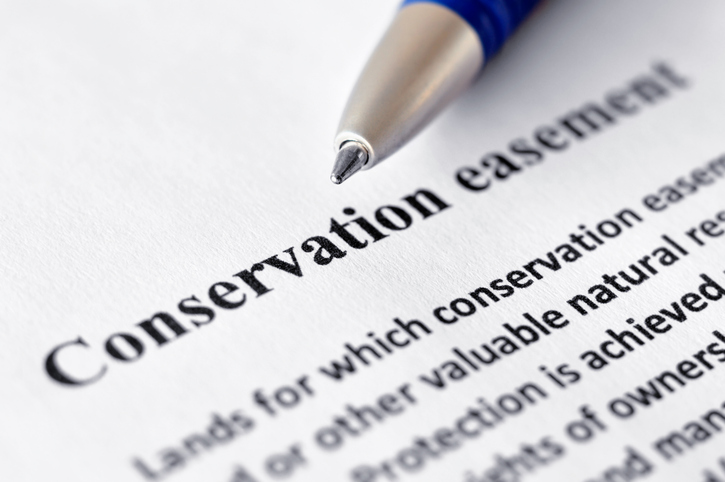
When you’re buying a house in New Jersey, you might think you’re buying complete rights to the property and everything that comes with it. But occasionally, hidden in the fine print, there’s something called an easement—and it can affect how you use your property, what you can build, and even your property value.
What Is an Easement?
An easement is a legal right that gives another party the right to use a portion of your property for a specific purpose, even though you own the land.
For example:
- A utility company might have an easement to run power lines through your backyard.
- A neighbor may have a right of way easement to use your driveway if it’s the only access to their property.
- A town might have a public access easement to a nearby beach or trail.
You still own the land—but the easement gives someone else limited rights to it.
Types of Easements in New Jersey
- Utility Easements – These allow electric, gas, water, and cable companies to install and service their facilities.
- Right-of-Way Easements – Give someone the right to cross over part of your land (often for driveway access).
- Prescriptive Easements – Created when someone has used part of your land openly and without permission for an extended period (20 years in NJ).
- Conservation Easements – Designed to protect land from development—can limit your ability to build.
How Easements Can Affect Property Value and Usage
Easements can limit what you can do with your property. For example:
- You may not be able to build a fence, deck, or pool where a utility easement is located.
- A shared driveway could lead to future disputes with neighbors.
- A large easement could make your property less attractive to buyers, potentially lowering its value.
Easements don’t always become apparent during a simple property viewing. They’re typically found during a title search or by reviewing the property survey.
What to Watch Out For During a Real Estate Transaction
If you’re buying a home:
- Ask for a current property survey. It will display any easements or rights-of-way.
- Review the title report carefully. Your real estate attorney should explain any restrictions or red flags.
- Factor easements into your buying decision. That beautiful backyard might not be usable the way you think.
If you’re selling a home:
- Disclose known easements. Hiding them can delay the closing—or worse, trigger a lawsuit.
- Clear up confusion in advance. Work with your attorney to explain to buyers how the easement affects your property.
Final Thoughts
Easements and rights of way aren’t always deal-breakers—but they’re something you don’t want to discover after you close on your home.
When buying or selling property in New Jersey, having an experienced real estate attorney on your side can help you:
- Spot easements early
- Understand what they mean for your specific property
- Avoid costly mistakes at closing
Have questions about an easement on your property? Contact us for help.

